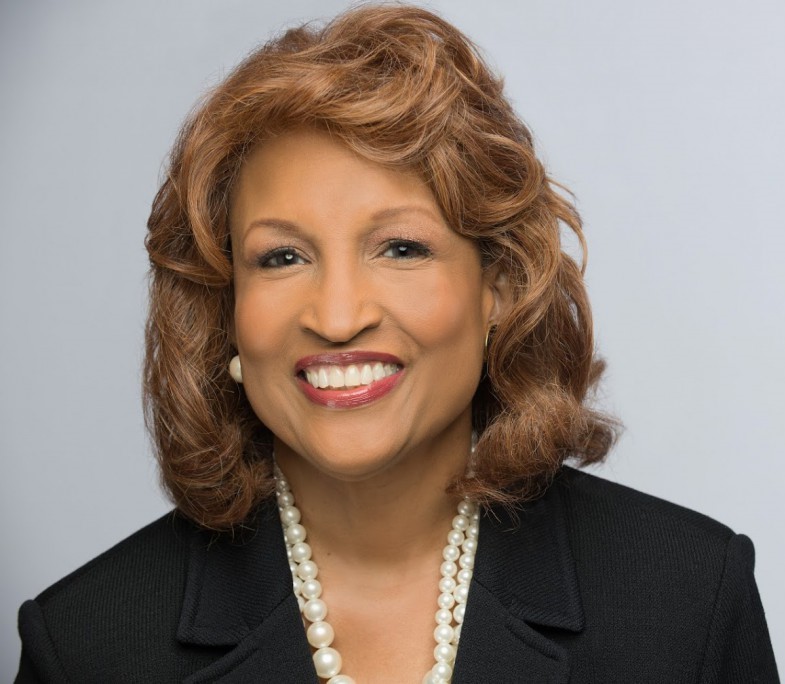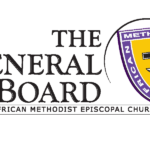The General Board Self Study
Comfort or Confining Zones
Bishop Vashti Murphy McKenzie
President, General Board
I’ve preached about comfort zones on more than one occasion. We all have comfort zones. They are the safe places where we live and breathe away from stress, anxiety, fears, and phobias. It is the food we eat, the entertainment we enjoy, or even the worship where we exalt Christ.
Comfort zones are fine, as long as they comfort and not confine. Comfort zones can become barriers to innovation, creativity, and progress.
A General Board Self-Study means reaching beyond our comfort zones to engage in self-analysis beyond our resistance to change. It is the willingness to go beyond what has been historically comfortable to examine what we do, how we do it, and are we doing it effectively.
Attached to this article is the link for AME Church members to respond to the General Board Self-Study Survey and an explanation PowerPoint that you may share. If you have done the survey, please do not retake it.
Jeff Bezos started Amazon.com in his garage in 1994. In two months, he was making $20,000 per month selling books. The success of this change disrupted the book industry. It changed the way people buy books. You now have a bookstore in your hands open 24/7 with his Kindle e-reader. Book publishers and book sellers either embraced the change or died angry about it.
Amazon sells books. Amazon publishes books. It makes books available faster and easier than before. It’s still the book business, but how you get the book has changed.
FedEx changed how and when packages arrived. The rise of the internet and cellular messaging changed how and when we send messages to each other. The overnight delivery made the United States Postal Service practically obsolete.
The Worldwide Web has changed how videos, music, and art are made and sold. Everyone can be an artist, author, entrepreneur, and critic in the social landscape, be it anonymous or not. The message is the same: it is not how long you’ve been doing what you’re doing but how you do it that may determine if you’re in business or not. It may determine whether you’re relevant or obsolete.
Church historians can tell you the impact of changes in the church landscape. In the 20th century alone there is the Pentecostal movement which began in a church originally built for an AME Church in Los Angeles in 1906 and the Full Gospel Baptist movement in 1994. There is the rise of the Evangelical and Para-church organizations, mega churches, and non-denomination churches and the rise of “emerging” and “seeker” churches. All have had a bearing on hierarchal protestant denominations.
Most of us grew up on the King James Version of the Bible. Today, there are a plethora of modern contemporary English translations.
How do we serve the “present age, [our] calling to fulfill?” Are we so in love with our historical achievements that we ignore the future? We have a great history and heritage but that’s not the end of our story.
Are we so in love with our preferences—how we prefer to do church, be the church, lead the church, manage the church, worship Christ, and serve Christ that we ignore changing times, shifting culture, or the move of God? How does God’s word undergird our ministry? What is the will of God concerning these things? We do serve a changeless Christ in an ever-changing world!
Praise God that there are many bright spots in the landscape of African Methodism. There are also enough crises to ask, “Why should we sit here waiting to die” (2Kings 7:3 NLT)?
Bishop Richard Allen stepped out of the comfort zone of his era and here we are today. Have we walked around this mountain long enough? Is it time for us to give thoughtful consideration to examine our structure and service?
The General Board Self-Study is asking all of our stakeholders to respond to a series of questions in this initial survey. In April 2017, bishops, general officers, and connectional officers received digital survey links. In June, members of the General Board, college and university deans and presidents, Christian Education Department leaders, members of the Women’s Missionary Society, Women in Ministry, and RAYAC, and others received survey links. The YPD and Lay Organization took their surveys at the winter sessions.
Now, our connectional church membership can respond to the General Board Self-Study. Type in the link and answer the questions accordingly. It doesn’t matter your age or gender, officer or member, country or community, or how long you’ve been a member of the church.
I want to encourage all of our stakeholders to discuss, develop, and implement ways to improve our ministry on the local and connectional level; work to eliminate attitudinal, emotional, and resource barriers to progress; discover the critical issues facing the church; and identify how each stakeholder can work towards solutions. Your honest responses are invaluable.
The General Board Self-Study is not a panacea. It is one way to discern the hearts, minds, and wills of our constituents. It is a process of inclusion to help us look at what’s working and why; what’s not working and why; and what changes need to take place, what should improve because of change, and how to implement the change. It is a way to stimulate authentic dialogue.
If you did not receive an email with your particular stakeholder link, please send your email address to GBselfstudy@gmail.com. All stakeholders, groups, and AME members are encouraged to engage in similar discussions and dialogues.
Remember, below is the link for AME members to respond to the survey and an explanation PowerPoint that you may share. Take the survey only once.
You can send your questions, concerns, and suggestions to the GBselfstudy@gmail.com. The General Board, the 2019-2020 Convo sessions, and The Christian Recorder will receive updated reports as we move towards the 2020 General Conference.
Let the conversations begin!
General Board Self-Study Survey for AME members





